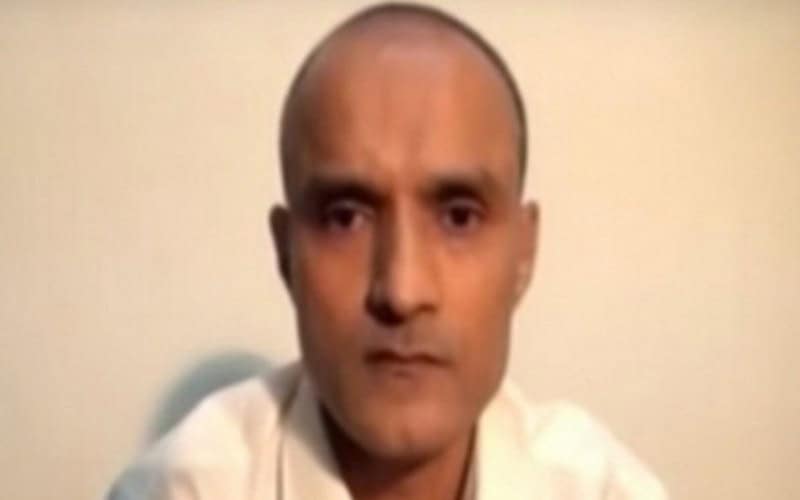Mumbai: Friends of Kulbhushan Jadhav, the Indian national on death row in Pakistan, have expressed hope that today’s verdict by the International Court Justice (ICJ) will be in India’s favour and will facilitate his safe return.
Jadhav has been sentenced to death by a Pakistani military court on alleged charges of espionage and terrorism. India has repeatedly sought consular access to Jadhav since March 2016, when the High Commission of India in Islamabad was first informed of his custody with Pakistan authorities.
Speaking to ANI, Jadhav’s friend Arvind Singh said, ” We have high hopes that Jahdhav will soon return to India. I am happy about the fact that our country has represented this case very well in the ICJ. (Harish) Salve Ji has done a great job. I am hopeful that the ICJ will give judgment in our favour. In the last three years, Pakistan has shown lots of doctored videos which were not accepted by the ICJ. Till now Pakistan has no solid evidence against Jadhav. “
Joining Singh’s contention, another friend of Jadhav, Vandana Tulsidas Pawar also expressed hope that justice will be served in ICJ today.”I am hopeful that Jadhav will be freed soon. Pakistan is a lier. We have high hopes from ICJ today. My only fear is what next Pakistan will do?.”
The verdict is likely to be read out by President of the ICJ Judge Abdulqawi Ahmed Yusuf at around 6:30 pm (IST) at the Peace Palace in The Hague.
The Indian side is expected to be represented by Joint Secretary (Pakistan, Afghanistan, and Iran) Deepak Mittal and officials from the Legal and Treaties Division of the Ministry of External Affairs (MEA).
Pakistan’s legal team, headed by Attorney General for Pakistan Anwar Mansoor Khan has reached The Hague in the Netherlands, where the ICJ is headquartered. The team also included Foreign Office Spokesperson Muhammad Faisal.
Jadhav, a 49-year-old former Naval officer, was sentenced to death by a Pakistani military court on April 11, 2017. Following this, India had approached the ICJ against Pakistan “for egregious violations of the Vienna Convention on Consular Relations, 1963” in the matter.
India has contended that it had not been informed of Jadhav’s detention until long after his arrest and that Pakistan had failed to inform the accused of his rights.
India further alleged that in violation of the Vienna Convention the authorities of Pakistan had denied India its right of consular access to Jadhav, despite repeated requests.
Subsequently, on May 18, 2017, a 10-member bench of the ICJ restrained Pakistan from executing Jadhav till the adjudication of the case.
In February this year, the ICJ rejected five pleas made by Pakistan during the hearing of Jadhav’s case, including the playing of so-called “confessional statement” of the Indian national and a request to adjourn the hearing citing illness of its ad-hoc judge.
The four-day hearing in Jadhav’s case started on February 18 at the ICJ headquarters in The Hague.

